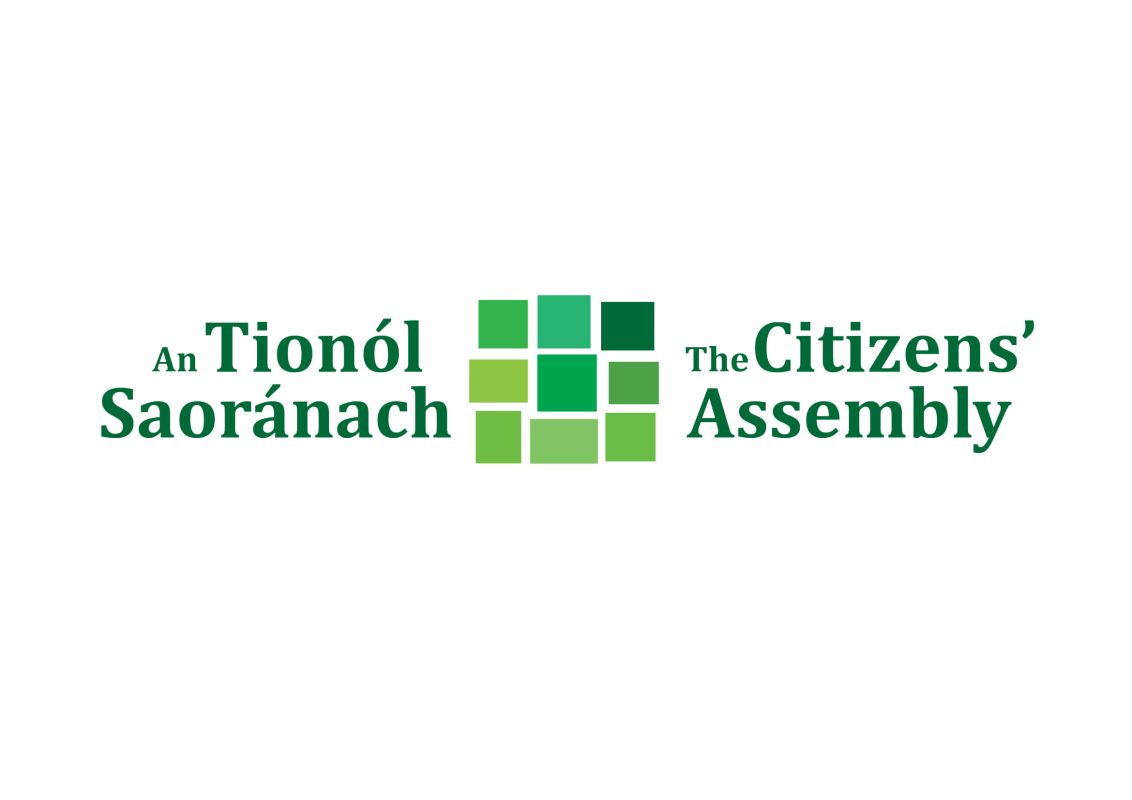The direct provision system worsens and adds to asylum seekers distress and must be replaced.
An article published in the Irish Times recently highlighted the need to ameliorate the direct provision system calling it broken and dangerous to those in a uniquely vulnerable position.
“Asylum seekers by definition live in limbo. In a new, unfamiliar country where they may lack the local language, social networks or an independent source of income, they live each day knowing that tomorrow could bring either the promise of long-term protection or the blow of a formal deportation letter. It’s a uniquely vulnerable position – one made all the more difficult for those who arrive after dangerous journeys, or bearing the trauma that caused them to flee home in the first place. That vulnerability, and the voicelessness that goes with it, make it essential that the State pay special regard to the needs of those who come here seeking protection. Unfortunately, the centrepiece of the Republic’s asylum policy – direct provision – has been a stain on the State since its adoption in 2000.”
The direct provision system has left thousands of asylum seekers confined to living in unacceptable conditions, at risk of mental health problems, deprived of basic rights like the right to cook, and in effect bound to a life of poverty. Massive backlogs in the system mean that many of these people have spent years living in these conditions. A position paper published by the College of Psychiatrists of Ireland on the Mental Health Service Requirements for Asylum Seekers, Refugees and Migrants from Conflict Zones acknowledges the urgent need to replace the direct provision system:
The utilization of Direct Provision which has been in place since 1999 has long outlived its purpose. It has left a significant number of people living in poor accommodation, living among strangers and allowing their abilities to self-care atrophy. They have little choice in their food intake and they are not in a position to cook for themselves. They are unable to access employment. The current desultory provision of €19.20 a week per adult and €15.60 per child is inappropriate. This programme urgently needs to be revised.”
The paper acknowledges the need for targeted and specific care for these severely traumatised children and adults, whose mental health can be worsened by living in the direct provision system:
“Unless you have witnessed war, atrocities, persecution, natural disasters and grinding poverty, it is very hard to comprehend the damage that these experiences can cause to the human mind resulting in psychological illness…Refugees and asylum seekers suffer higher rates of anxiety and depressive disorders than other sections of society. They also have up to ten times the level of post traumatic disorder (PTSD) compared to the indigenous population…It has been the expectation to date that this group be assessed and treated by the local mental health services. This is seen as making their situation equitable to that of Irish Citizens however their needs and circumstances are not the same and therefore require a more nuanced response which cannot be automatically assumed available within generic services. These services are already overwhelmed and in many situations, are having major difficulties caring for the local indigenous population. Mental health services should be provided in a culturally and linguistically sensitive manner. This needs to be addressed proactively. This requires the funding of additional mental health sessions for this population given the complexities of their needs in the catchment areas where they are present in significant numbers.”
The paper identifies barriers to care for an asylum seeker:
- Assignment to a GP
- Transport to GP
- Attitudes towards Mental Illness (Patient)
- Attitudes towards Asylum Seekers (Doctor)
- Understanding what the referral means
- Understanding the appointment letter
- Transport to the mental health service appointment
- Childminding
- Chaperones/cultural issues
- Availability of past records
- Language
- Integration with other services
- Psychotherapies not available in relevant language
A detailed list of recommendations is included in the paper which calls for psychological assessment at the point of arrival, the development of accessible mental health resources, specialised services such as psychotherapy that may be required for survivors of torture and other traumas, and the inclusion children’s needs in plans for service delivery.
The Irish Times piece did feature some recent advances such as the International Protection Act 2015 which allows asylum seekers apply for all forms of protection in one application which has reduced the time spent by people in the system. The ban on asylum seekers joinging the labour market could also be a thing of the past, with Minister for Justice Charlie Flanagan stating that some adult asylum seekers may soon be allowed to work.
Regardless of these developments Ireland can no longer ignore the inhumanity of the direct provision system and it’s affect on those who have come to our shores seeking compassion and refuge.
